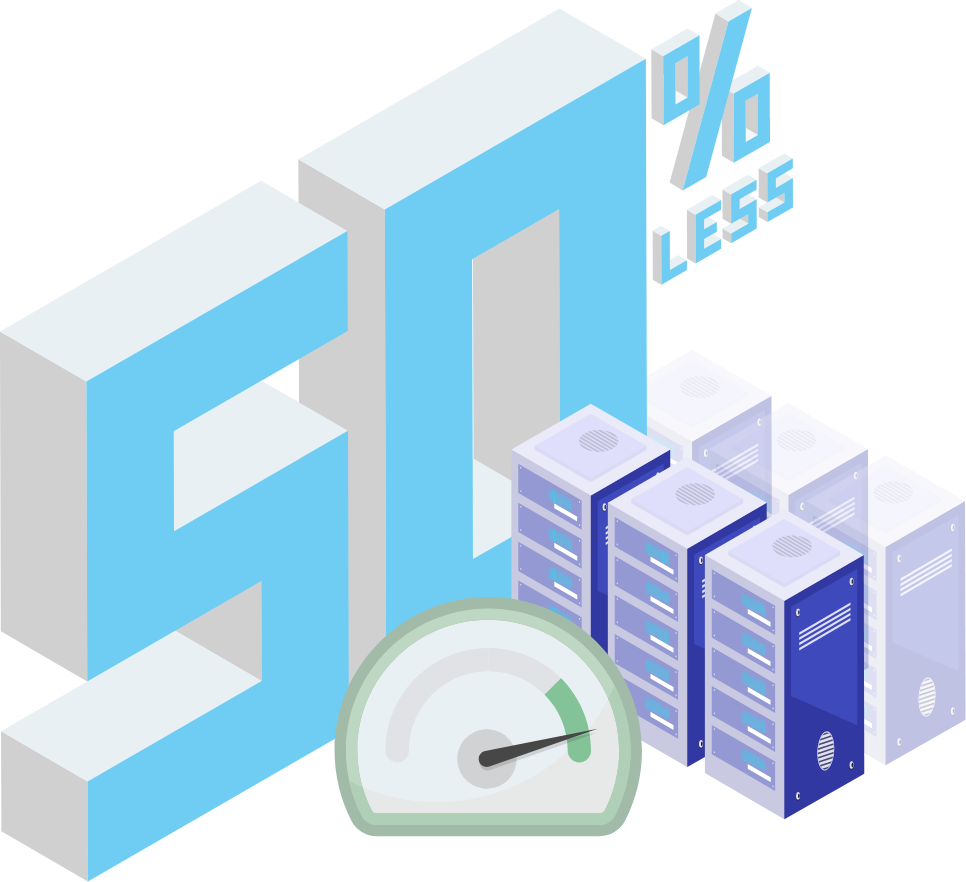I love chess. With Chess.com, my dream was to create the kind of chess platform that I wanted to use! Today we’re the world’s largest online chess community, with over 65 million members and more than 250k concurrent users playing more than 10 million games every day online. Because Azul Platform Prime powers our Java-based platform, we don’t have to worry about application speed or infrastructure costs. We can focus on our members’ experience and rest assured that Azul Platform Prime will handle thousands of moves a second with the best performance possible on the world’s best chess website.
Challenge
- Despite extensive tuning efforts, Chess.com was suffering from Java’s “Stop-The-World” garbage collection pauses, which often caused multi-second application delays.
- System-induced stalls in game flow were severely degrading the overall gaming experience for users and impacting their loyalty.
Solution
- Azul Platform Prime was implemented to ensure consistent performance and predictable latency. No changes to the application or hardware configuration were needed.
Result
- Azul Platform Prime eliminated Chess.com’s application stalls, improved reliability, and enhanced players’ experience.
- The solution also improved developer productivity by eliminating the need for ongoing Java platform tuning, allowing developers to focus on quality of service and new features for its millions of users.


